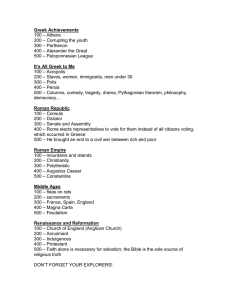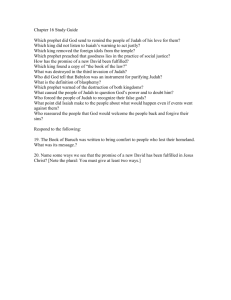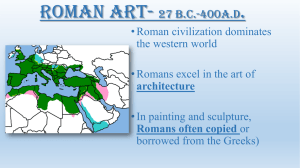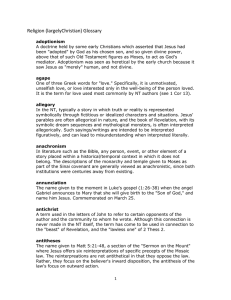Activity 4. Should People Resist “Progress”? Instructions:
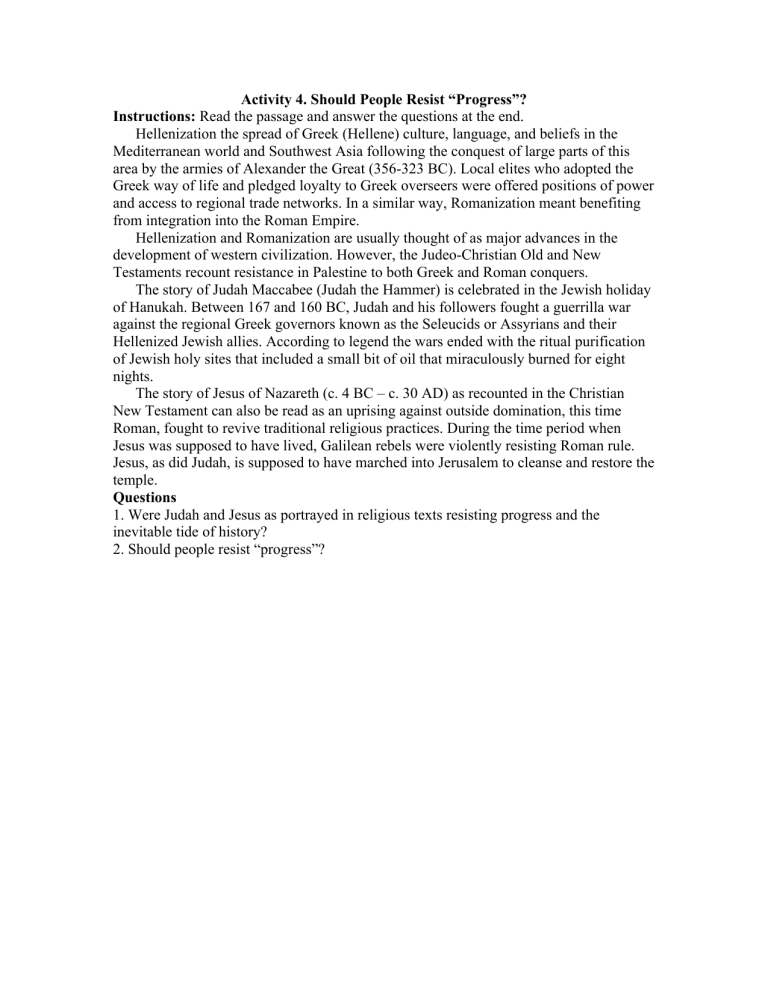
Activity 4. Should People Resist “Progress”?
Instructions: Read the passage and answer the questions at the end.
Hellenization the spread of Greek (Hellene) culture, language, and beliefs in the
Mediterranean world and Southwest Asia following the conquest of large parts of this area by the armies of Alexander the Great (356-323 BC). Local elites who adopted the
Greek way of life and pledged loyalty to Greek overseers were offered positions of power and access to regional trade networks. In a similar way, Romanization meant benefiting from integration into the Roman Empire.
Hellenization and Romanization are usually thought of as major advances in the development of western civilization. However, the Judeo-Christian Old and New
Testaments recount resistance in Palestine to both Greek and Roman conquers.
The story of Judah Maccabee (Judah the Hammer) is celebrated in the Jewish holiday of Hanukah. Between 167 and 160 BC, Judah and his followers fought a guerrilla war against the regional Greek governors known as the Seleucids or Assyrians and their
Hellenized Jewish allies. According to legend the wars ended with the ritual purification of Jewish holy sites that included a small bit of oil that miraculously burned for eight nights.
The story of Jesus of Nazareth (c. 4 BC – c. 30 AD) as recounted in the Christian
New Testament can also be read as an uprising against outside domination, this time
Roman, fought to revive traditional religious practices. During the time period when
Jesus was supposed to have lived, Galilean rebels were violently resisting Roman rule.
Jesus, as did Judah, is supposed to have marched into Jerusalem to cleanse and restore the temple.
Questions
1. Were Judah and Jesus as portrayed in religious texts resisting progress and the inevitable tide of history?
2. Should people resist “progress”?
